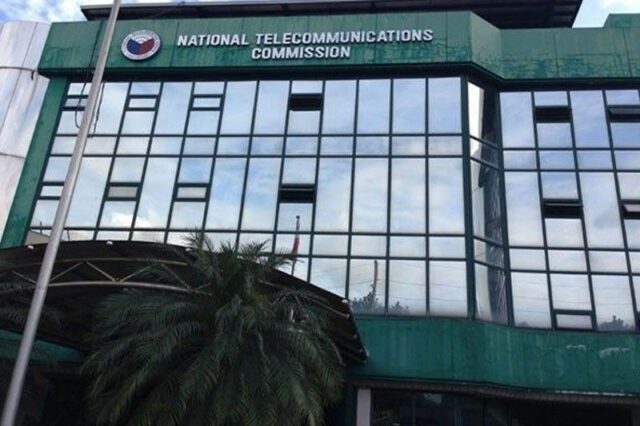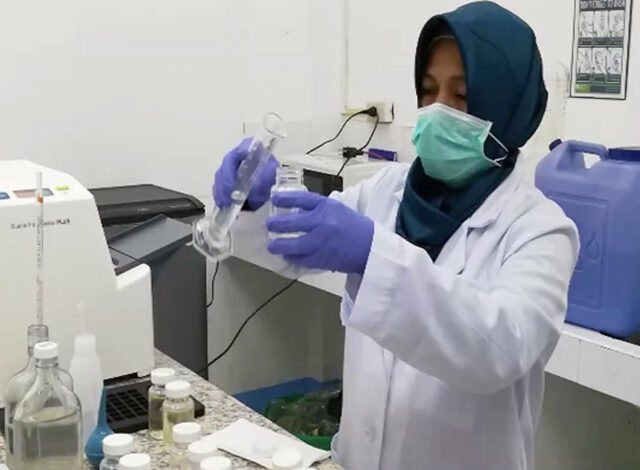Marcos orders NICA revamp to boost cybersecurity
PRESIDENT Ferdinand R. Marcos, Jr. has ordered the reorganization of the National Intelligence Coordinating Agency (NICA) to boost cybersecurity efforts.
Under Executive Order (EO) 54 signed by Executive Secretary Lucas P. Bersamin on Jan. 19, the President also ordered the creation of an Office of the Deputy Director General for Cyber- and Emerging Threats who will work on counter-intelligence measures.
“There is a need to reorganize the NICA to adapt to the evolving threats to national security and ensure a more vigorous intelligence collection, intensify internal and external coordination with foreign and domestic counterparts,” according to a copy of the order uploaded on the Official Gazette website.
The President cited the need to assess intelligence and security.
The NICA assistant secretary will head the office and will plan and supervise measures against cyber-security threats and weapons of mass destruction, according to the order.
The Philippines ranked second among countries with the most cyber-attacks worldwide in 2022, Kaspersky said in March.
Last year, the country faced 2.4 million brute force or trial-and-error attacks among remote workers, 52,914 financial phishing cases among businesses, 24,737 crypto-phishing cases, 15,732 mobile malware cases and 50 Trojan virus cases, according to data from Kaspersky.
In a July 2023 study, the Anti-Money Laundering Council (AMLC) said there were 182,729 suspicious transactions linked to online sexual abuse and exploitation of children worth P1.56 billion from 2020 to 2022.
Information and Communications Technology Secretary Ivan John E. Uy earlier said the Philippines only had 200 certified cyber-security experts in 2022.
The Armed Forces of the Philippines in October said it was considering creating a cyber-command to improve the country’s defenses against cyber-attacks. — John Victor D. Ordoñez












